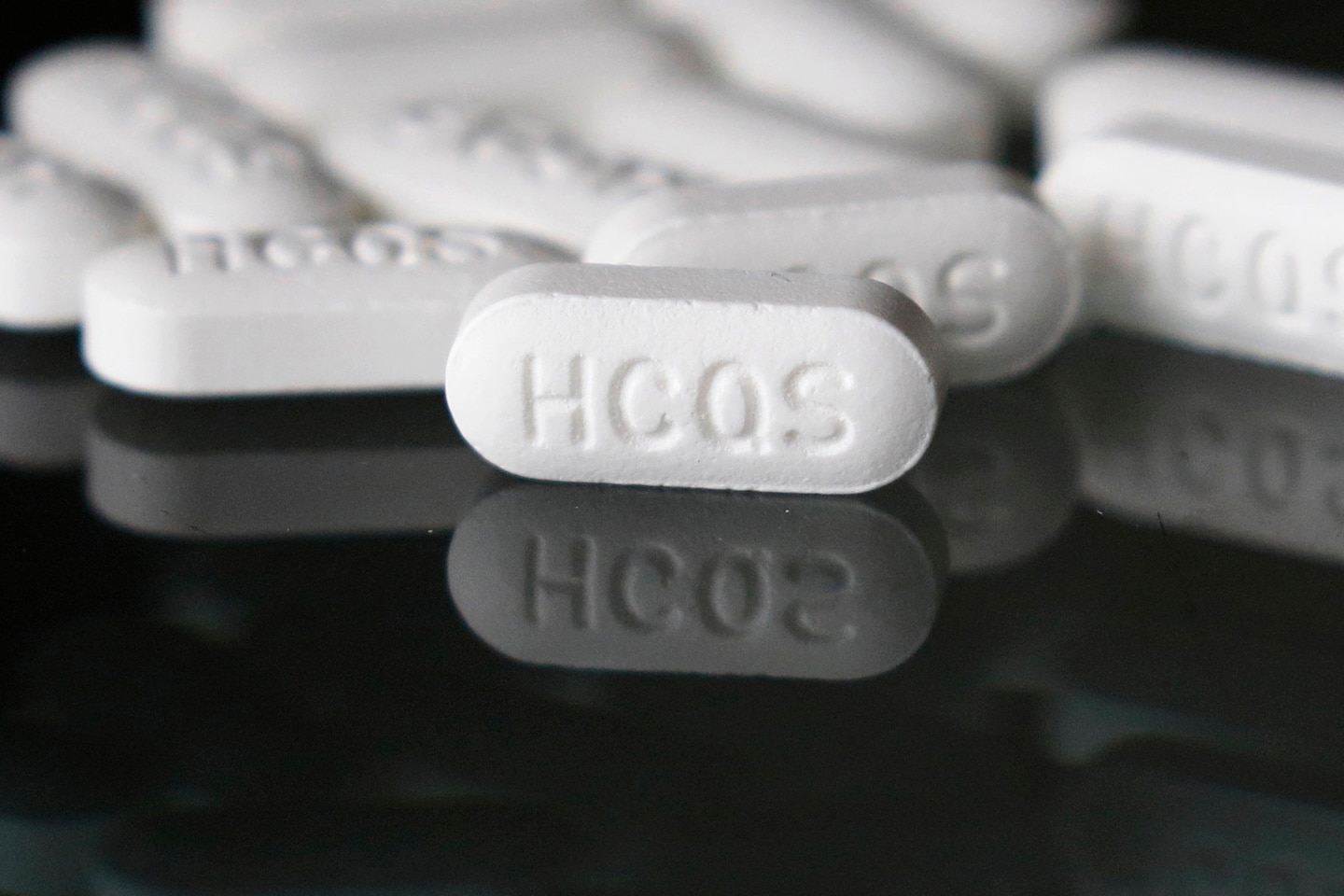Hydroxychloroquine studies show drug is not effective for early treatment of mild covid-19

Patients in the Minnesota trial were enrolled within the first four days of having symptoms, and 56 percent were enrolled within one day of the onset of symptoms. The patients were seen at doctors’ offices or outpatient or urgent-care clinics.
The randomized trial from Spain, published in the journal Clinical Infectious Diseases, found the drug did not reduce the time patients had symptoms or the risk of hospitalization for patients with mild covid-19, the illness caused by the novel coronavirus.
Jeanne Marrazzo, an infectious-disease specialist at the University of Alabama at Birmingham who was not involved in the study, said the new data was important because some doctors had speculated the drug would be helpful if given early in the course of the disease — right after onset of symptoms and before a patient got sick enough to go to the hospital.
“The hope was maybe, if you treat early in the disease, you don’t need a silver bullet,” such as remdesivir, an antiviral used for covid-19, she said. “Maybe it’s enough to just blunt the intensity of the viral invasion and just get people over the first hump before the viral replication goes crazy and elicits the kind of immune reaction that is taking people out late in the disease.”
But, she said, the data adds to the evidence “against the use of hydroxychloroquine in this situation.”
Previous randomized trials have shown the drug is not effective in treating hospitalized covid-19 patients. An observational study, considered less rigorous than a randomized trial, was recently published that showed a much lower death rate among hospitalized patients given the drug early, but critics said the study had several design flaws.
David Boulware, an infectious-disease physician at the University of Minnesota who was the senior investigator of the trial published Thursday, said he launched it in the hope that an inexpensive oral medication could treat covid-19 and avoid hospitalization.
“Taken together, there is not convincing evidence that hydroxychloroquine can either prevent covid-19 after exposure or reduce illness severity after developing early symptoms,” said Caleb Skipper, lead author of the paper published Thursday. “While disappointing, these results are consistent with an emerging body of literature that hydroxychloroquine doesn’t convey a substantial clinical benefit in people diagnosed with covid-19 — despite its activity against the coronavirus in a test tube.”
Hydroxychloroquine is a malaria drug also used for rheumatoid arthritis and lupus. It became politically charged after President Trump repeatedly promoted it earlier this year and even used it himself as a possible preventive measure.
The drug is also an element in worsening tensions between the White House and Anthony S. Fauci, director of the National Institute of Allergy and Infectious Diseases. When Trump and Navarro repeatedly touted hydroxychloroquine as a potential treatment for coronavirus, Fauci pushed back internally and at task force briefings.
In the trial conducted by the Minnesota researchers, half the participants received five days of hydroxychloroquine and the other half received five days of a placebo. The study also showed no lessening of the severity of symptoms among those who also took zinc or vitamin C with hydroxychloroquine or placebo.
Marrazzo said doctors desperately need drugs that can be given by mouth to treat patients with mild symptoms to keep them from getting sick and out of hospitals, which in certain regions are running short of intensive care beds because of surging infections.
“Hospitals are on the razor’s edge,” she said.






